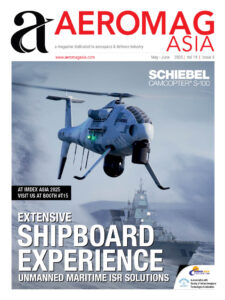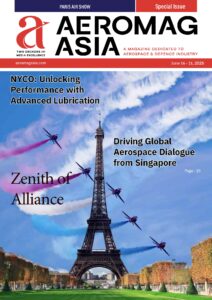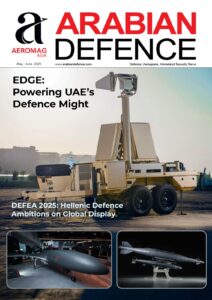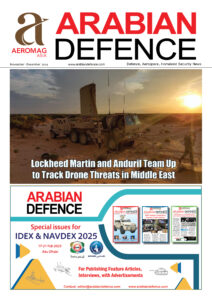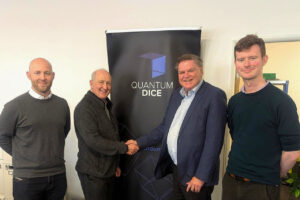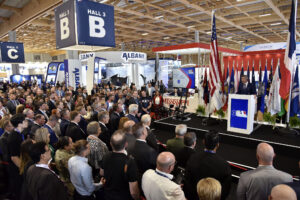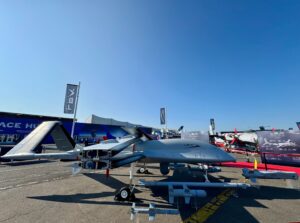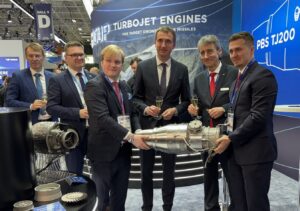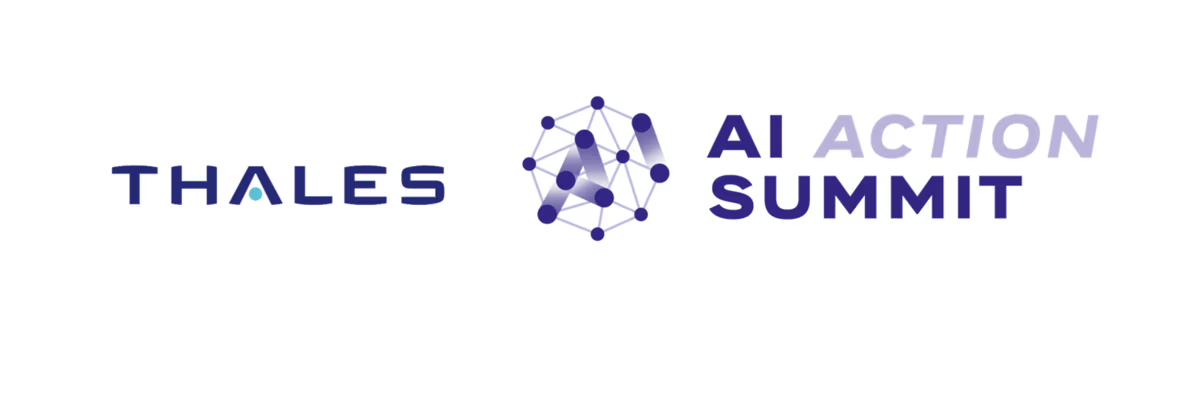
Thales is a global technology leader in the defence, aerospace, cybersecurity and digital solutions markets. The company has some of the world’s most advanced R&D capabilities, and files more patents than any other company in Europe in the field of AI for critical systems. With its thorough understanding of the constrained environments encountered in the theatre of operations, Thales is ideally positioned to provide the armed forces, governments and other organisations with robust and dependable systems and equipment that deliver the performance needed to guarantee their technological superiority.
With a focus on cybersecurity, explainability, frugality and ethics, trusted AI leverages all the latest developments in the field of artificial intelligence, whilst endeavouring to minimise its environmental impact.
“Thales is a key player in the field of trusted AI. Our experts have developed a form of hybrid artificial intelligence that provides a high level of transparency, cybersecurity, frugality and ethical assurance, unlike many AI systems that rely solely on processing huge volumes of data and consume vast amounts of energy. Thales’s AI solutions protect individuals and society at large, augment the performance of defence systems, protect the environment and improve the resilience of critical infrastructure to build a safer, more sustainable world,” said Patrice Caine, Chairman & Chief Executive Officer, Thales.
Thales’s AI solutions are used in a range of strategically important applications:
- Event security and crisis management: AI-enabled solutions such as drones and their associated control systems make it possible to monitor and analyse crowd movements and suspicious behaviour in real time and control access to infrastructure sites so that potential incidents can be anticipated and managed proactively.
- Maritime security: smart sensors incorporating AI technology improve the detection, classification and identification of maritime threats, from unmanned naval systems to underwater mines, monitoring activity at sea and on the seabed to protect communication cables and the world’s key shipping lanes.
- Decarbonisation of air transport: AI optimises flight trajectories to reduce greenhouse gas emissions, in particular by avoiding the formation of the condensation trails that contribute to global warming. Studies have shown that an estimated 50% of these contrails are preventable. Conclusive tests at several airports have also shown that smart air traffic sequencing techniques can reduce the need for aircraft to enter holding patterns prior to landing, reducing fuel consumption and improving the carbon footprint of the aviation industry.
- Passenger experience and fraud prevention: robust, secure algorithms can be used to provide seamless, reliable identity controls at airports, helping to protect infrastructure and keep travellers safe.

